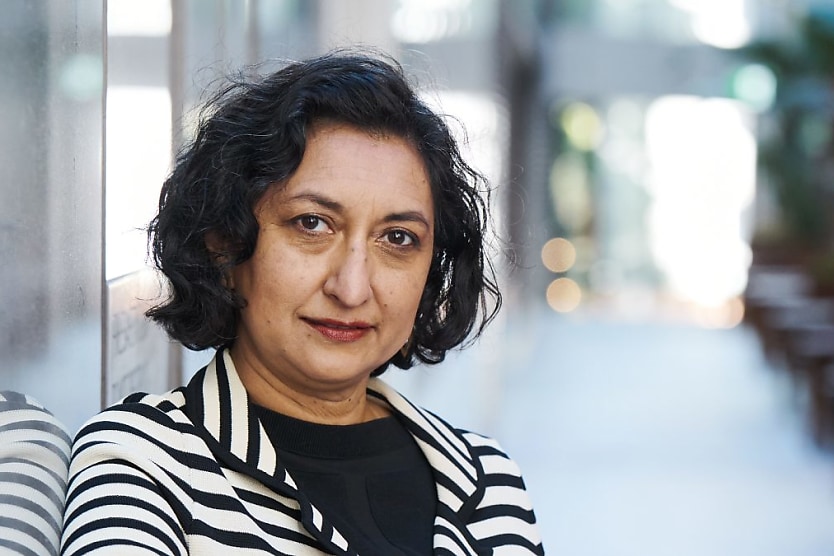
The phrase “inclusive workplace” is thrown around quite a lot nowadays, but what does it actually mean? How important is it? And how well are we really implementing it across Australian businesses and organisations?
An inclusive workplace is one that values individual differences in the workforce and makes people feel welcome and accepted. It is a key moral and legal responsibility of those running a business or organisation to provide an inclusive workplace for employees.
This is especially crucial in today’s world, where we are seeing increased issues around staff retention and attraction. When workplaces are not inclusive, word gets around, and it becomes more difficult to recruit and retain staff.
This is clearly something that hiring managers take seriously. A 2023 survey by the Australian HR Institute found the vast majority, 84 per cent of HR professionals, say that diversity, equity and inclusion (DEI) is critical to the future success of their organisation. However, only half of them say that their leaders see DEI as a priority for their organisation, while a similar proportion, 49 per cent of HR professionals, also say that their organisation is not placing enough focus on DEI. So, there is a clear gap between employer awareness, intent, and action on DEI in Australian workplaces.
This gap can be addressed when businesses and organisations have a clear intention to embed inclusivity into their workplace structures, to recruit people who might otherwise be excluded or marginalised due to factors such as age, race, colour, sex, sexual orientation, physical disability, or mental illness. Inclusive design of culture is important for creating a safe space to build the foundations for equity.
According to the Harvard Business Review, because they embrace a variety of perspectives, DEI efforts in large organisations build inclusion and strengthen an organisation’s purpose. Shared commonalities become the principles around which everybody can unify, aligning leaders and helping push forward meaningful organisational change.
This seems more daunting than it actually is. Large and small businesses and organisations may be on different stages of their journey to an inclusive workplace, so it is recommended that they invest some time in quality, expert training of their teams, their people leaders in particular, such as Bambuddha Group’s coaching and accelerator programs (sponsored by the HR Dept. Eastern Suburbs Sydney).
Bambuddha is a leader in this space, and I will be involved in the delivery of a six-month program where we will be taking practical steps to fast-track companies to be inclusive by design. We’ll be looking at a practical guide to help people navigate through the challenges and very real benefits in being inclusive.
We know that people often face barriers to employment because of age, race, ability, and other forms of human differences. But it’s not just in the recruitment phase and implementing warm and fuzzy DEI initiatives.
At the Centre for Inclusive Design, we know diversity is good for business – but companies also need to consider how people are accessing job ads, whether they have the materials and systems to work in an organisation and whether they feel welcome there. We need to redesign our systems and leadership to go beyond DEI initiatives ensuring that the diversity of voices and innovative contributions are really heard. The modern-day workplace must be committed to listening to what changes need to be made to truly work towards equity.
For equity to be possible, representation is needed at all levels of an organisation. This is why the Bambuddha Group’s coaching and accelerator programs provide scholarships to ensure those who are underrepresented have the tools, support, and knowledge to excel and thrive.
Investing in specialist one-on-one leadership coaching, combined with expert masterclasses and training designed to cultivate conscious leadership and literacy, empowers individuals to create transformational change in their organisations and communities for the better of people and the planet.
By Dr Manisha Amin, chief executive of the Centre for Inclusive Design









